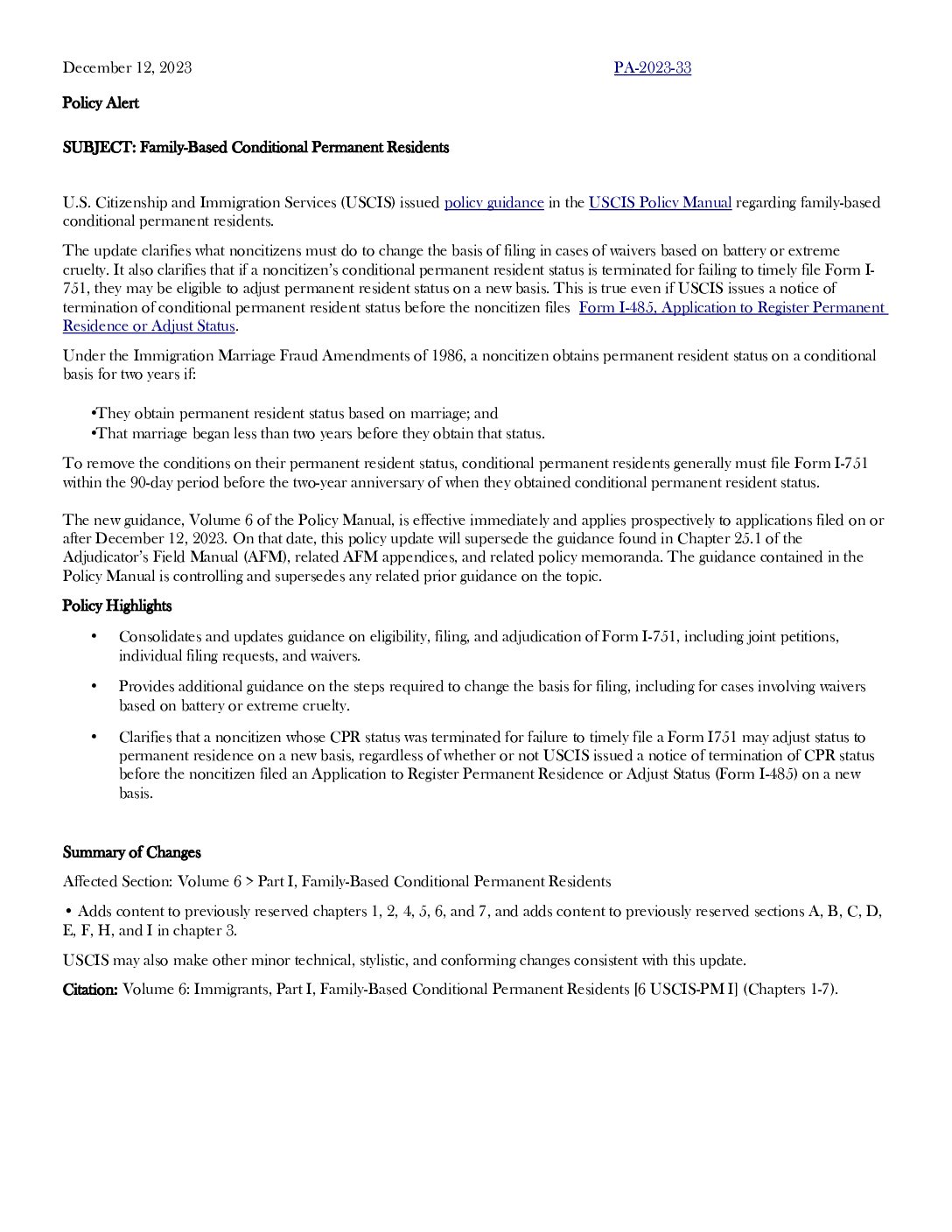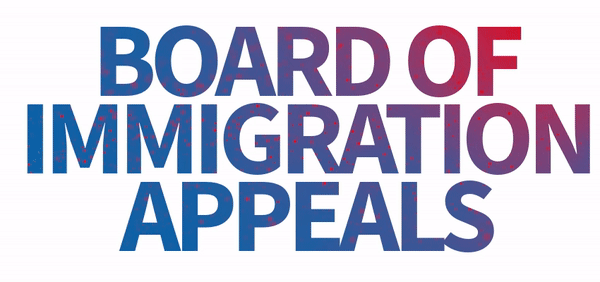J.O.P. v. DHS CLASS ACTION LAWSUIT SETTLEMENT
J.O.P. v. DHS is a class action lawsuit that was filed in federal court in Maryland in July 2019. Can it be helpful for you? I don’t know but you can read the information below and find out for yourself. How do I know if I am part of the class? You are part of … Read more





